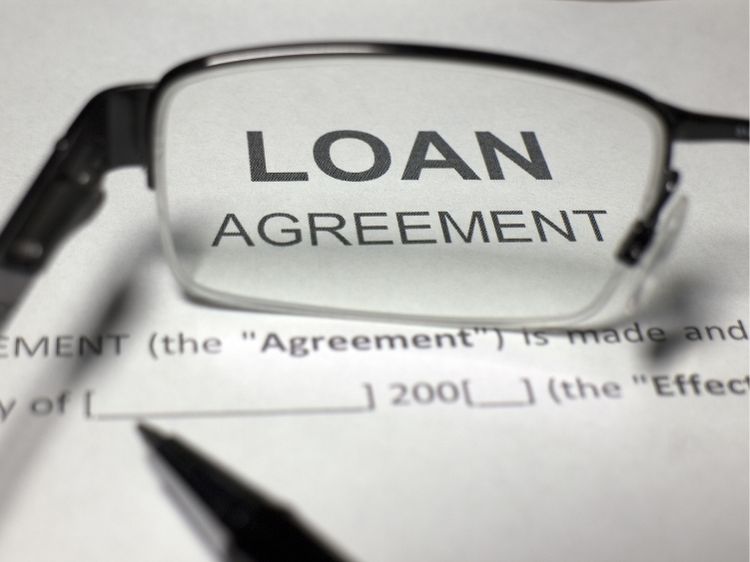Manufactured homes have long been a cost-effective housing solution, but what many homeowners don’t realize is that these properties can hold significant financial potential. If you own a manufactured home and are looking for ways to access its value, equity loans for manufactured homes might just be your golden ticket. These loans can open doors to renovations, debt consolidation, emergency funds, or even a long-awaited vacation. However, understanding how equity loans work for manufactured homes is key to making the right financial move.
Understanding Equity in Manufactured Homes
Home equity is the difference between what your home is worth and what you still owe on it. As you pay down your mortgage—or if your home’s value increases—your equity grows. While this concept is standard for traditional site-built homes, it’s just as relevant for manufactured homes. In fact, as financing options have evolved, many lenders have begun to view equity in manufactured homes more favorably, provided certain conditions are met.
Equity loans for manufactured homes essentially allow homeowners to tap into the built-up value of their property. This means you can borrow against your home’s equity, using it as collateral for a lump-sum loan or a line of credit. Whether you choose a home equity loan or a home equity line of credit (HELOC), both routes provide financial flexibility—especially when budgets are tight or major expenses loom ahead.
What Makes a Manufactured Home Eligible
Before jumping into the application process, it’s important to understand what makes a manufactured home eligible for an equity loan. Not all manufactured homes qualify automatically. Lenders typically look for a few key criteria. First, the home must be classified as real property rather than personal property. This means the home must be permanently affixed to a foundation and located on land you own. Homes located in mobile home parks or on leased land may not qualify, depending on the lender’s requirements.
Additionally, lenders consider the age and condition of the home, its location, and whether it’s been moved from its original site. A newer, well-maintained manufactured home on owned land generally increases your chances of securing an equity loan. Also, your credit score, debt-to-income ratio, and overall financial profile will play a significant role in the loan approval process.
Different Types of Equity Loans for Manufactured Homes
When it comes to equity loans, homeowners typically have two options: home equity loans and home equity lines of credit (HELOCs). A home equity loan gives you a lump sum of money upfront, which you repay in fixed monthly installments over a set term. This option is ideal for one-time expenses such as medical bills, home repairs, or education costs. On the other hand, a HELOC works more like a credit card. You’re approved for a certain amount and can borrow as needed during a draw period, paying interest only on the amount you use.
Both types of equity loans for manufactured homes offer flexibility and can be strategic financial tools when used wisely. It’s essential to understand the terms, interest rates, and repayment schedules before committing to either option. Some lenders may offer fixed interest rates, while others may present variable rates that fluctuate with the market. This can impact the total cost of the loan over time.
The Application Process: What to Expect
Applying for equity loans for manufactured homes isn’t all that different from applying for a mortgage. The first step usually involves an appraisal to determine the current market value of your home. Lenders will also request documentation such as proof of income, tax returns, a list of current debts, and details about your manufactured home. It’s a thorough process that requires attention to detail, but being well-prepared can help streamline approval.
Keep in mind that processing times may vary, especially depending on the lender and your financial circumstances. Once approved, you’ll receive the loan funds, and repayment begins shortly thereafter. It’s important to read the loan agreement carefully and ask questions if anything seems unclear. Transparency is critical, particularly when dealing with long-term financial obligations.
Pros and Cons to Consider
Like any financial decision, taking out equity loans for manufactured homes has its pros and cons. On the plus side, you can access a substantial amount of money at relatively low interest rates compared to credit cards or personal loans. The funds can be used for anything from home improvement projects to life’s unexpected emergencies. Additionally, because you’re using your home as collateral, lenders may be more willing to offer favorable terms.
However, there are also risks to consider. Because your home serves as collateral, failing to repay the loan could result in foreclosure. It’s crucial to have a solid repayment plan in place before borrowing. Also, depending on market conditions, your home’s value could fluctuate—affecting your available equity in the future. Carefully weigh the benefits against the potential risks to ensure this financial step aligns with your long-term goals.
Finding the Right Lender
Not all lenders offer equity loans for manufactured homes, so it pays to shop around. Look for lenders who specialize in manufactured housing or have experience with non-traditional properties. Online reviews, financial forums, and referrals from trusted sources can be helpful in narrowing down your options. It’s also smart to compare interest rates, loan terms, and fees before making a decision.
A lender that understands the unique aspects of manufactured homes can guide you through the process more effectively and ensure your application is set up for success. Don’t hesitate to ask questions and negotiate terms. Remember, this is your financial future—so advocate for what’s in your best interest.
When an Equity Loan Makes Sense
There’s no one-size-fits-all answer to whether an equity loan is the right choice. However, it can be a smart move when you’re facing high-interest debt, need funds for essential home improvements, or want to invest in something meaningful without turning to risky credit options. The key is to use the loan strategically and responsibly, keeping your financial health front and center.
Timing also matters. If your manufactured home has appreciated in value or you’ve paid down a significant portion of your mortgage, now might be an ideal moment to explore an equity loan. On the flip side, if your finances are already stretched thin, it may be wiser to hold off until your situation improves.
Future Outlook for Equity Loans in Manufactured Housing
As the demand for affordable housing continues to grow, manufactured homes are receiving more attention from both buyers and lenders. This trend bodes well for homeowners interested in tapping into their property’s equity. With advancements in construction, design, and energy efficiency, modern manufactured homes are becoming more comparable to traditional homes—making them more attractive to financial institutions.
In the future, equity loans for manufactured homes could become more accessible, competitive, and flexible. Lenders are starting to recognize the value in manufactured housing, and that shift is opening new opportunities for homeowners who want to leverage their property’s worth for better financial outcomes.
Conclusion: Making Equity Work for You
Equity loans for manufactured homes can offer a lifeline of financial relief, empowerment, and opportunity. Whether you’re planning for the future, handling unexpected expenses, or simply aiming to improve your living space, these loans can turn your home into a resource rather than just a residence. The key is understanding how the process works, what lenders are looking for, and how to manage your loan wisely once it’s in hand.
By taking the time to educate yourself and make informed decisions, you’ll be better equipped to harness the true potential of your manufactured home. After all, equity isn’t just a number—it’s a gateway to financial flexibility, and perhaps even a better quality of life.



